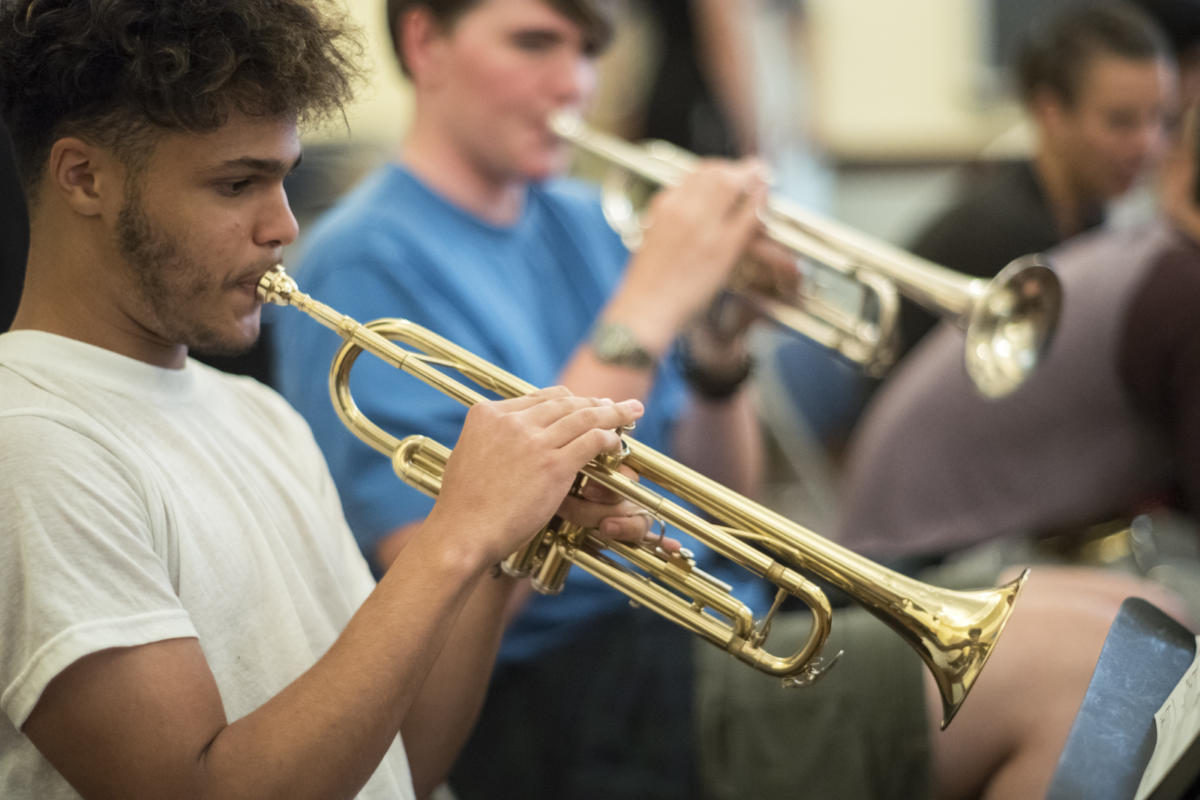The healthy social life is found
When in the mirror of each human soul
The whole community finds its reflection.
And when in the community,
The virtue of each one is living.
-Rudolf Steiner
DIVERSITY, EQUITY AND INCLUSION
Mission
Guided by the core view of Waldorf education, that each and every child is infinitely precious, and that the role of the educator is to support and nurture this preciousness, Rudolf Steiner School, when it opened in 1928, was unique in its commitment to welcome children of all genders, races, socioeconomic classes, and abilities through its doors. Almost 100 years later, we seek to renew that pledge. With humble reflection and a deep sense of commitment, we hope to educate our increasingly diverse student body and school community by highlighting diverse voices in our curriculum and making our education as accessible as possible to families of all backgrounds. With our underlying perception that each child is equally unique and equally deserving, Rudolf Steiner School is committed to the work of diversity, equity, and inclusion to continue to find ways to shape an environment in which each child feels seen and heard.
Actions
We have trained our faculty and staff through annual workshops and reading groups that educate on implicit bias, identity in the classroom, and the basic tenets of diversity, equity, inclusion, and justice. For the past decade, Steiner alum and leader in anti-racist education, Monique Marshall, has led our students through developmentally appropriate anti-bias lessons in our K-12 classrooms. We are grateful to The Ackerman Institute for the Family for their guidance on gender and sexuality, and The Center for Racial Justice in Education and Pollyanna, Inc. for their work in helping us envision a path towards curriculum expansion and reform.
To foster a “healthy social life,” as stated by Steiner above, Rudolf Steiner School takes great efforts to attract, admit, and retain students of color, as well as recruit, hire, and support teachers, staff, and trustees of color. Our school does not discriminate on the basis of race, national and ethnic origin, religion, disability, age, military or veteran status, marital status, citizenship status, sex, sexual orientation, gender identity or expression, predisposing genetic characteristics, actual or perceived domestic violence victim status, unemployment status, or any other category protected by law. The school takes affirmative action in support of its policy to employ and advance all qualified candidates.
Engaging in DEI work requires space for conversation, education, and cooperative action. Rudolf Steiner School is thankful to the Diversity, Equity, and Inclusion Committee, which includes faculty members from all areas of the school, staff, and members of the Board of Trustees, and our own student groups (SID=R, GLOW, and Venus) for continuing to help shape the conversation and evolution of our curriculum.
Goals
The Diversity, Equity, and Inclusion Committee has identified the following goals for the coming years:
- Continue to broaden classroom content with culturally diverse narratives and images;
- Ensure diverse authors and protagonists of color, ability, and gender are read in all grades;
- Cultivate and highlight the diverse festival life celebrated in classrooms for the broader school community;
- Strengthen hiring practices to attract faculty members of color, including establishing a teaching internship for Steiner alumni;
- Continue to enroll and retain families of color;
- Engage with our community to learn how we can better serve our students and families.
Defining Diversity, Equity, and Inclusion
Rudolf Steiner School defines diversity as the spectrum of identities that includes race, ethnicity, culture, ancestral heritage, nationality, native language, religion, family structure, socioeconomic class, prior education, gender identity, sexual orientation, appearance, physical ability, learning difference, political affiliation, and occupation. We define equity as a recognition of the differing circumstances under which each member of our community participates in our offerings; inclusion speaks to our commitment to welcoming diversity both through the narratives in our curriculum and through the members of our community.
Waldorf education seeks to enrich children by helping them develop cultural curiosity, respect for diverse identities and abilities, and reverence for the values we share. As veteran members of the global Waldorf movement, we are lucky to be part of a constellation of schools that all teach their rich histories and cultural traditions through anthroposophist Rudolf Steiner’s methods. We are lucky to welcome numerous faculty members, families, and students from abroad who enrich our community and broaden our world view.
Through the active work of our Board of Trustees, Leadership Council, College of Teachers, faculty, and families, we hope that our school community will continue to reflect more closely the diversity of New York City, the home we all know and love.
To Participate
For opportunities to engage with DEI work, please contact Gabriela Cordo, Executive Director: gcordo@steiner.edu


